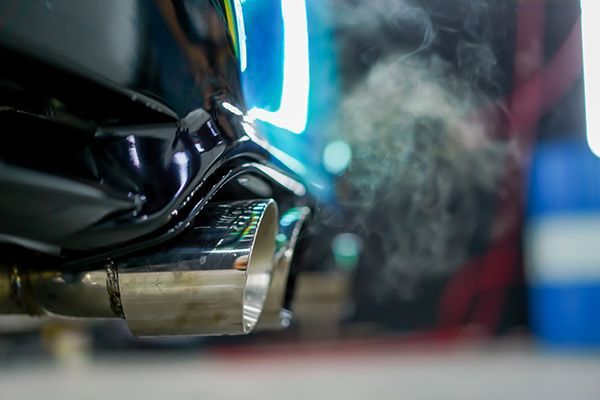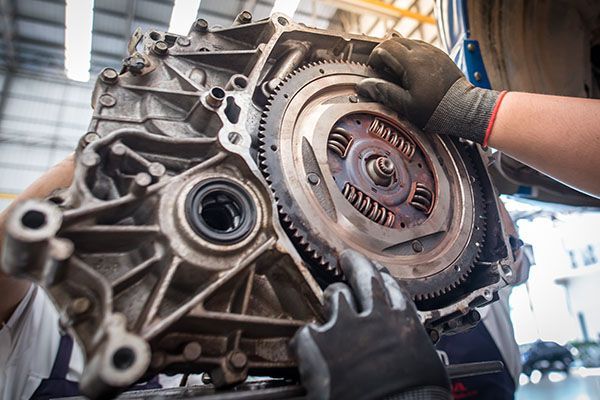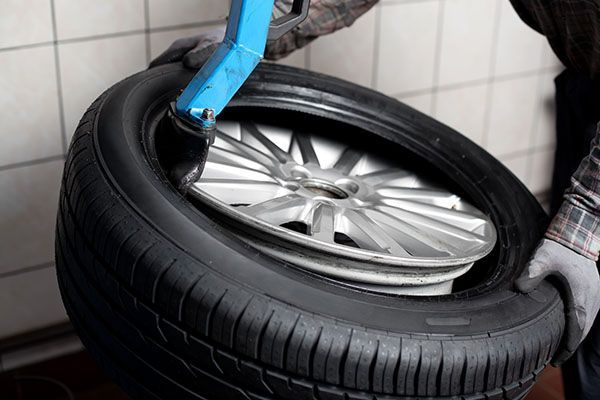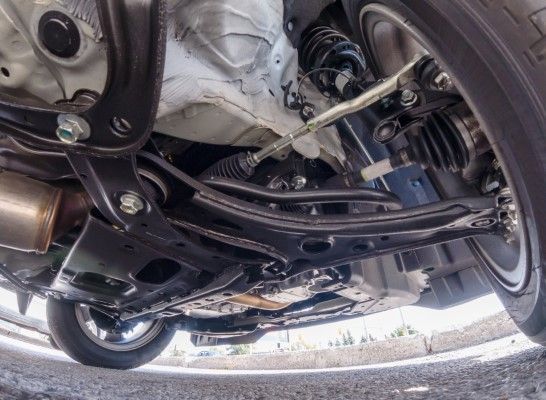News Center

August 30, 2024
Finding out that your Mercedes-Benz has failed a smog test can be quite a blow. Whether you're an avid car enthusiast or just someone who relies on their vehicle for daily commutes, a failed smog test isn't something you can ignore. But before you panic, take a deep breath. There are clear steps you can follow to address the issue, get your car back in compliance, and ensure you stay on the right side of the law.

June 28, 2024
When you think of luxury, performance, and innovation in the automotive world, one name inevitably comes to mind - Mercedes-Benz. With a history of over a century, Mercedes-Benz has become synonymous with excellence and prestige in the automobile industry. This iconic brand's journey from humble beginnings to becoming a global symbol of luxury and innovation is remarkable.

January 31, 2024
Mercedes-Benz integrates cutting-edge features to enhance your driving experience. One such innovation is Apple CarPlay, a connectivity powerhouse that seamlessly integrates any iPhone with the Mercedes-Benz infotainment system. Let's delve into the steps to optimize the full potential of Apple CarPlay in your luxurious Mercedes-Benz.

November 27, 2023
In the high-octane world of luxury automobiles, there's a special place for those seeking both elegance and practicality on four wheels. We are talking about the realm of Mercedes-Benz SUVs – a fleet that merges the sophistication of a storied brand with the versatility of sport utility vehicles.

October 30, 2023
“Picture yourself behind the wheel of a finely tuned Mercedes-Benz, its engine purring with a symphony of power and precision” -this unparalleled driving experience owes much to the legacy of AMG, Mercedes-Benz's esteemed and revered tuning house. The history of AMG is not just a chronicle of engineering excellence but a testament to the passion and dedication of its founders, who transformed ordinary luxury cars into performance-driven machines!

August 31, 2023
Mercedes-Benz has long been synonymous with luxury and innovation in the automotive world. Among its lineup, the M-Class and GL-Class stand out as versatile SUV options. One strange thing about them is that they look alike quite a lot. That's why in this blog, we go into the differences between the Mercedes M-Class and GL-Class, aiding you in making an informed decision if you are between choosing one of the two.

July 31, 2023
When it comes to luxury and performance, Mercedes-Benz is a name that needs no introduction. Known for its exceptional engineering and innovation, Mercedes-Benz has consistently pushed the boundaries of automotive excellence. Among their remarkable achievements stands the acclaimed 9G-Tronic transmission. Let's see what makes it so good, or in our opinion, the best automatic transmission.

June 30, 2023
Tires play a critical role in the performance, safety, and overall driving experience of a vehicle, as you might know by now. Whether you are replacing old tires or getting a new set, it's essential to understand how tires are mounted on rims. This blog will take you through the process of tire mounting, providing insights into the techniques and equipment involved.

August 30, 2024
Finding out that your Mercedes-Benz has failed a smog test can be quite a blow. Whether you're an avid car enthusiast or just someone who relies on their vehicle for daily commutes, a failed smog test isn't something you can ignore. But before you panic, take a deep breath. There are clear steps you can follow to address the issue, get your car back in compliance, and ensure you stay on the right side of the law.

June 28, 2024
When you think of luxury, performance, and innovation in the automotive world, one name inevitably comes to mind - Mercedes-Benz. With a history of over a century, Mercedes-Benz has become synonymous with excellence and prestige in the automobile industry. This iconic brand's journey from humble beginnings to becoming a global symbol of luxury and innovation is remarkable.

January 31, 2024
Mercedes-Benz integrates cutting-edge features to enhance your driving experience. One such innovation is Apple CarPlay, a connectivity powerhouse that seamlessly integrates any iPhone with the Mercedes-Benz infotainment system. Let's delve into the steps to optimize the full potential of Apple CarPlay in your luxurious Mercedes-Benz.

November 27, 2023
In the high-octane world of luxury automobiles, there's a special place for those seeking both elegance and practicality on four wheels. We are talking about the realm of Mercedes-Benz SUVs – a fleet that merges the sophistication of a storied brand with the versatility of sport utility vehicles.

October 30, 2023
“Picture yourself behind the wheel of a finely tuned Mercedes-Benz, its engine purring with a symphony of power and precision” -this unparalleled driving experience owes much to the legacy of AMG, Mercedes-Benz's esteemed and revered tuning house. The history of AMG is not just a chronicle of engineering excellence but a testament to the passion and dedication of its founders, who transformed ordinary luxury cars into performance-driven machines!

August 31, 2023
Mercedes-Benz has long been synonymous with luxury and innovation in the automotive world. Among its lineup, the M-Class and GL-Class stand out as versatile SUV options. One strange thing about them is that they look alike quite a lot. That's why in this blog, we go into the differences between the Mercedes M-Class and GL-Class, aiding you in making an informed decision if you are between choosing one of the two.

July 31, 2023
When it comes to luxury and performance, Mercedes-Benz is a name that needs no introduction. Known for its exceptional engineering and innovation, Mercedes-Benz has consistently pushed the boundaries of automotive excellence. Among their remarkable achievements stands the acclaimed 9G-Tronic transmission. Let's see what makes it so good, or in our opinion, the best automatic transmission.




